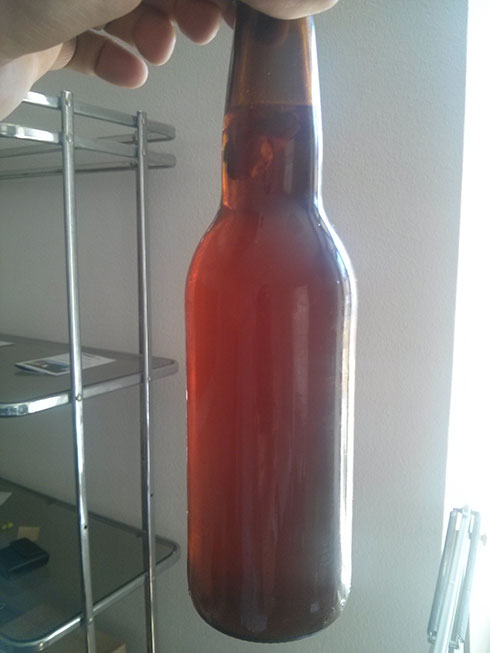I'm planning to brew a Baltic Porter around Christmas. I'd like to add a bit of raisin flavor. What amount do you think would work in a 5 gallon keg? My first 3 batches I force carbonated, but I can't imagine it would hurt anything to carbonate it this way and then hook it to co2 to serve. What do you think?
Steve
Steve



